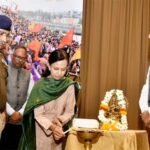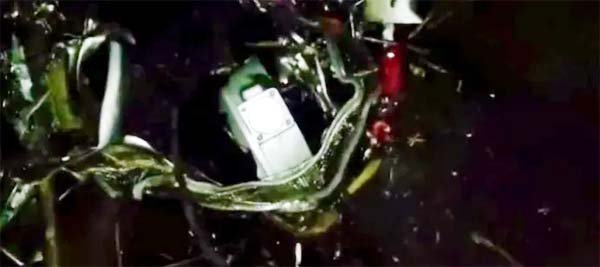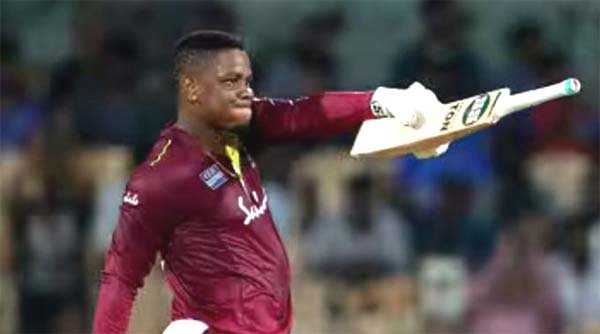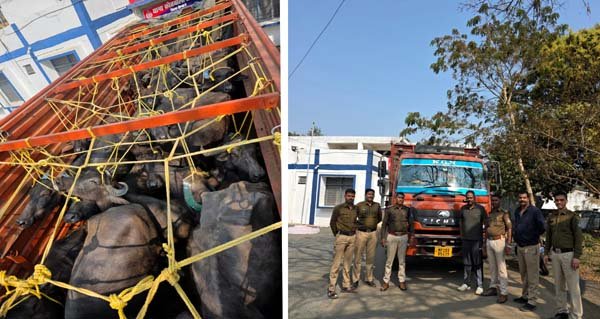New Delhi, Oct 31 (UNI) In a landmark judgment aimed at upholding the sanctity of attorney-client privilege and reinforcing the independence of the Bar, the Supreme Court today ruled that lawyers cannot be summoned by investigating agencies merely for the legal advice rendered to their clients, unless there exists substantial reasons approved at a senior supervisory level.
A three-judge Bench comprising Chief Justice of India Bhushan R. Gavai and Justices K. Vinod Chandran and N.V. Anjaria underscored that while advocates are not immune from criminal investigation, “a vital distinction must be maintained between professional legal advice which is protected and participation in criminal acts, which is not.”
The Court observed that its directions were “not to create a privilege for lawyers, but to protect the integrity of the legal profession, which is central to the administration of justice.”
Delivering the operative portion of the judgment, Justice Chandran made it clear that no investigating agency shall seek details about a client from an advocate except in circumstances explicitly permitted under Section 132 of the Bharatiya Sakshya Adhiniyam (BSA), which codifies the principle of privileged legal communication.
Section 132 shields confidential exchanges between a lawyer and a client from disclosure without the client’s consent.
This protection covers communications, documents, and advice shared in the course of professional engagement. However, it does not apply to communications made in furtherance of an illegal purpose or facts indicating that a crime or fraud has been committed.
The Court directed that if an advocate is summoned, the notice must clearly specify the grounds, material, and reasons relied upon by the agency.
Open-ended summons requiring disclosure of client instructions, documents, or legal reasoning were categorically prohibited.
Addressing concerns over digital privacy, the Bench laid down a mandatory protocol under the Bharatiya Nagarik Suraksha Sanhita (BNSS) for the seizure of digital devices belonging to lawyers.
If an investigating agency seeks to access an advocate’s laptop, phone, or storage device, the following steps must be followed: The device must first be produced before the jurisdictional court.
The court will make sure to issue notice to the concerned lawyer and client.
Access to the device may be granted only in the presence of the advocate, the client, and technical experts of their choice during decryption or data extraction.
These safeguards, the Court said, were “essential to ensure that privileged legal communications are not compromised.”
The Bench was categorical that this protection “does not extend to lawyers who are personally complicit in an offence.”
The Court drew a firm line; professional privilege cannot be used as a cover for illegality.
The judgment arose out of a suo motu proceeding initiated by the Court after several instances of enforcement agencies summoning lawyers over advisory work, most notably the June incident involving senior advocates Arvind Datar and Pratap Venugopal during a share allotment probe.
During hearings in August, multiple Bar associations urged the Court to require prior judicial approval before summoning lawyers.
However, Attorney General R. Venkataramani and Solicitor General Tushar Mehta opposed the move, warning that a separate procedure for lawyers might violate Article 14 of the Constitution (equality before law).
While declining to carve out an entirely distinct process, the Bench emphasised the need for institutional safeguards, noting that indiscriminate summons “create a chilling effect on legal practice and discourage robust defence representation.”
In July, the Enforcement Directorate had already issued an internal directive advising its officers not to summon advocates in violation of Section 132 of the BSA.
The Supreme Court’s ruling now cements that position, establishing a uniform, pan-India standard for all investigative agencies, including police and state departments.
Concluding the verdict, Justice Chandran stated, “We have sought to harmonise the rule with its exceptions. No investigating authority shall summon an advocate for details about a client unless the case squarely falls within the exceptions to Section 132. When a summons is issued, it must expressly state the facts relied upon,” the court said.











